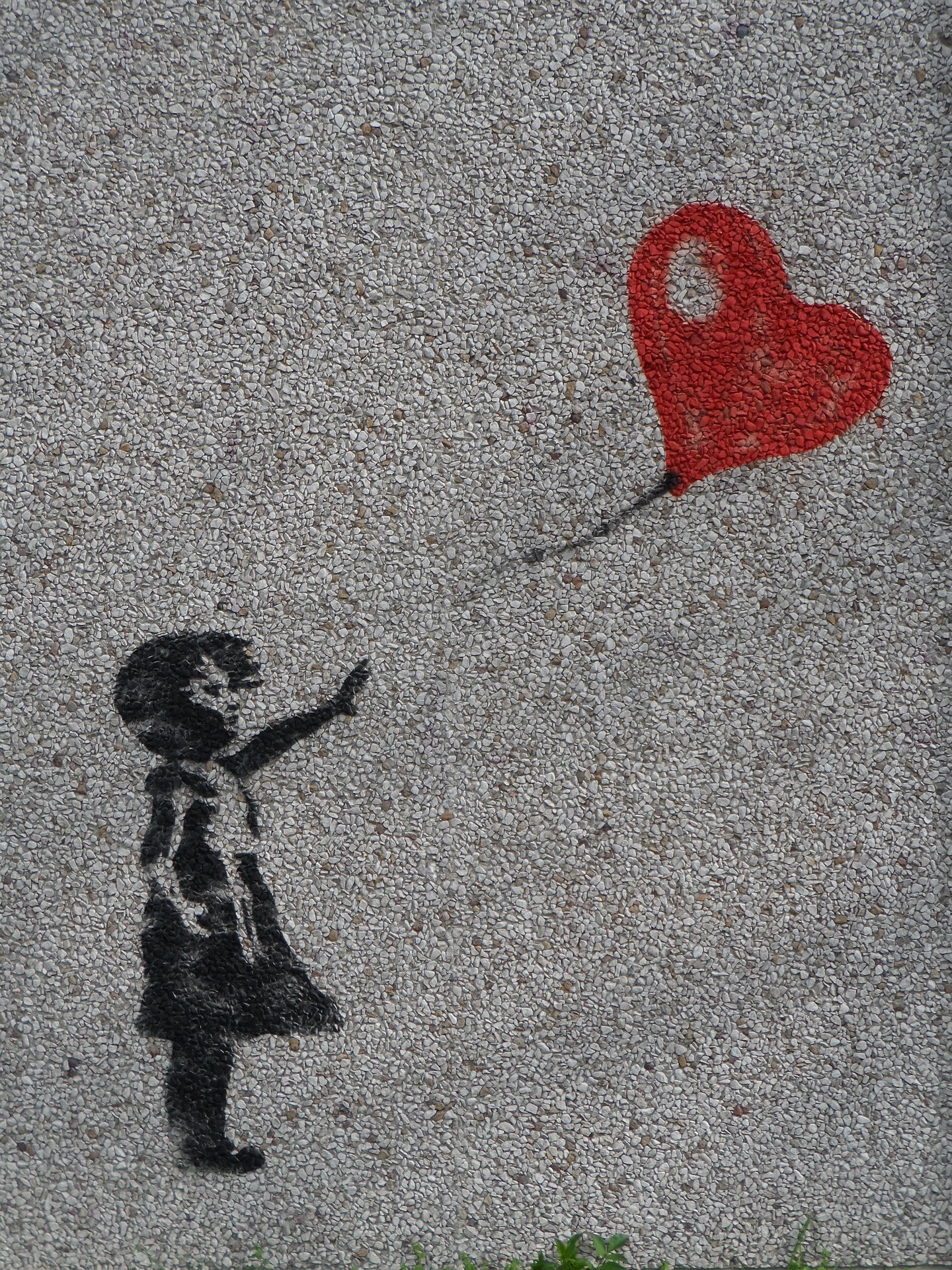
This post is a follow up to “The Three Emotions Every Student Brings to School”
Grief is not an easy concept to understand. It confounding presence frustrates me. But it’s visible in every being, so we must approach it.
Grief is simply loss. Loss of anything, from the loss of my favorite Pilot G2 pens that my students keep snagging, to the loss of a loved one’s life.
Why Children Are Grieving
More than anything, I notice my middle school students grieving the loss of themselves. They are  unable to be true and genuine. This is due to a variety of factors: homelife, puberty, insecurities, fractured friendships, etc. Really the source of this loss of self doesn’t matter. Social worker and researcher Brene Brown put it this way, “The absence of love, belonging, and connection always leads to suffering.”
unable to be true and genuine. This is due to a variety of factors: homelife, puberty, insecurities, fractured friendships, etc. Really the source of this loss of self doesn’t matter. Social worker and researcher Brene Brown put it this way, “The absence of love, belonging, and connection always leads to suffering.”
Our kids are suffering and grieving. Every student, at some point in her day, questions her belonging. As this continues the child formulates her reasoning. She concludes, “because I’m lacking in love, belonging, and connection, I must lack value and worth.”
Oh, and in addition to losing their authenticity and losing their self-worth, our children have another reason to grieve. Childhood is the continuous process of losing innocence. With every birthday marking a year has passed, so does it mark the innocence that has slipped away. This can go on for decades, like the tide slowly receding back into the hungry ocean, only innocence isn’t returning as the high tide, it’s been swallowed and digested by the sin in our world.
Anne Lamott describes this change in Hallelujah Anyway:
We developed knowledge of our defects, our self-centeredness, our disagreeable ways, what some might call original sin, and it yapped at us–God forbid, people would find out who we were. We were going to fall or be pushed off the ledge, and our underpants were going to show. Some of us thought about jumping. As babies, we staggered and fell on padded bottoms, giggled, drooled, and grinned, and everyone was charmed and laughed. Boy, not anymore. Hormones kicked in with dark desires.
In the book she later sums up the idea, “Anything that leaves you more fearful, more isolated, more disconnected from other people, more full of judgment or self-hatred, is not of God, does not follow the Rule of Love—and you should stop doing it.”
So, it appears our children have reason to grieve.
Teaching Kids to Grieve Well
I would guess that almost all elementary kids and a good portion of middle school children are not familiar with the word “Grief”. I only began truly processing loss as a man in my mid-thirties.
Recognize Loss
As adults and parents we do everything we can to protect and shelter our kids from loss. I’m as guilty as anyone in this case. I’ll do whatever I can to prevent my son’s cheaply made toys from breaking, just so he doesn’t suffer the loss of one of them. I’ve also hidden the topic of sickness and disease in order to avoid tough questions and difficult conversation.
When maybe we should let them be a part of the conversation and experience. Maybe we can model grieving well by simply communicating our own losses. Let’s help our child by recognizing the losses they’re facing.
Affirm their feelings
This technique I’ve only acquired due to repeated informal training from my wife, a social worker. In any situation, but especially grief, we must show kids that what they’re feeling is okay. We must tell them,
“I would feel very angry too if my good friend moved away.”
“Son, I understand why you’re frustrated that I packed you a healthy lunch and many of your friends had delicious, sugar-filled foods.”
“I can see why you’re sad and upset, that you’re running errands with my while all your neighbor friends are playing outside together.”
I’ve learned that affirming their emotions doesn’t fix the problem, and it is not a fun, and it doesn’t make the feelings go away. That’s not the purpose. But, it does develop an individual who is self-aware and empathetic.
If you’re unsure about the necessity of this, read anything by social worker and researcher Brene Brown. I’ve learned a lot from her work.
Show Compassion
We can only play the long game when responding to the social-emotional needs of our children. When we attempt to take shortcuts, our kids get confused. Because our society has not recognized the loss and affirmed the feelings in our children, today’s youth equate any emotion to depression. These same kids make irrational, and illogical decisions because they can’t make sense of their emotions.
We must show them compassion. If we look at the etymology of the word, it’s made up of parts meaning, “together” and “with great force”. Respond to our kids this way and we’ll raise emotionally healthy individuals.
This is one of the four traits I focus on in my brief ebook for parents and teachers. Get it here.
Brene Brown puts it this way in Daring Greatly, “The absence of love, belonging, and connection always leads to suffering.”
Read about the emotion of Fear in our children here.
